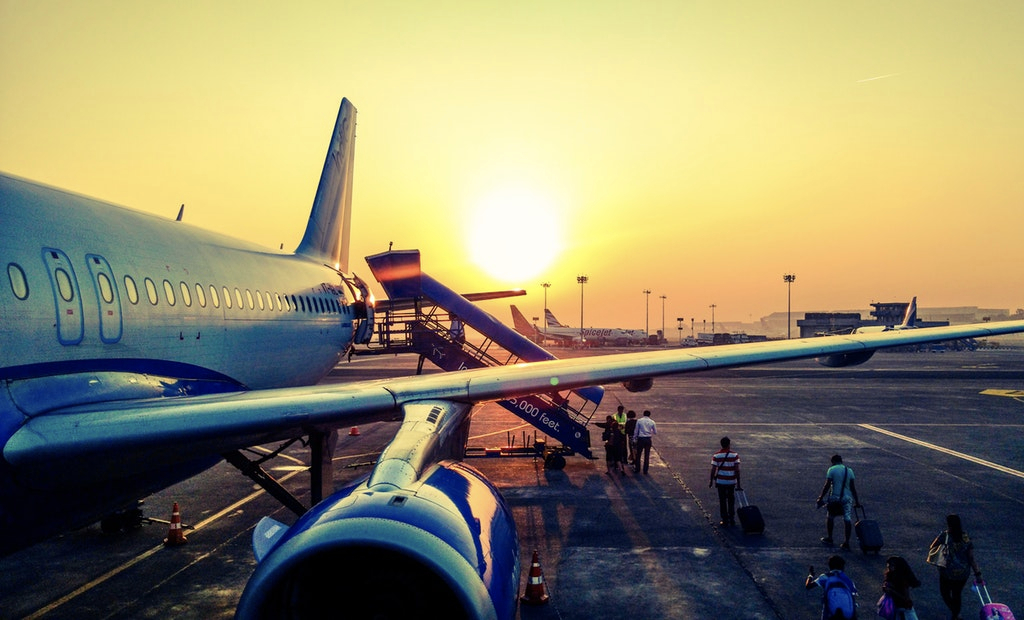The ultimate travel checklist for a safe and hassle-free trip

Travelling should be a life-changing and carefree experience. The best way to ensure it goes to plan is to get yourself prepared before you leave. As arduous as it may sound, doing your research before you leave will allow you to sleep easy, knowing you are covered for any situation. We’ve saved you some time by laying out our top checklist.
Visa applications
Visas are the most important thing to sort before you travel, as without them you might not even make it past border security. While Britain remains unable to leave the EU, we can cling onto the benefits of travelling across EU countries with ease, but if you are backpacking across Europe, remember that not all countries are included. It can be hard to navigate the further you go, and it’s common to hear questions such as Do I need a visa for Turkey? Well, you’ll be pleased to know that if you do, help with applying for Turkey Visa is always at hand. Indeed, if you travel further East there are a range of requirements, with some countries such as Vietnam allowing travel for 15 days before Visas are required, While Thailand allowing Visa-free access for tourist visits of up to 30 days.
Many countries now have eVisas, which are usually fast to apply for and require only a short online application. For example, New Zealand has an app which takes less than five minutes and allows you to scan your passport. Countries such as China can be more difficult, with anyone entering mainland China (minus Honk Kong and Macao) requiring a meeting in person at the Visa Application Centre, where they will take your biometric data. Some waivers for transit through Chinese cities are available. As the process varies so much depending on destination, it’s worth checking out foreign travel advice on the parliamentary website. Remember, requirements are different for those who are not British passport holders, or for those who hold a different type of nationality such as British National Overseas.
Financial security
It may sound obvious, but being able to access your money easily during your travels is essential. Always remember to take out a bit of cash before you travel which you can use in more remote areas, and keep an emergency stash somewhere hidden. We recommend a waterproof keychain which can hold folded banknotes. On top of this, using a company like Monzo will save you having to pay transaction or conversion fees abroad, so be sure to do your research before racking up unnecessary expenses.
Insurance is also key for covering yourself financially. If you are taking gadgets, you will want to cover as many as possible, but make sure you check the conditions to ensure you are covered for loss and theft (and perhaps accidental damage if you are prone to stumbles). Also, remember to check your excess: you don’t want to be forking out half your savings in order to get your items back. Medical cover is extremely important as seeking treatment in another country could cost you thousands. It’s worth noting that, naturally, you will need more expensive cover if you plan to partake in any extreme sports, but it’s certainly worth the investment for adrenaline junkies. Check out price comparison sites for the best deals. Compare the Market, for example, brings the bonus of a year of Meerkat Movies.
Medical cover
Don’t forget if you are on repeat prescription that you will need to book an appointment with a doctor before your travels. Your GP may be able to provide medicines a few months in advance depending on the medication. The waterproof keychain is also a great way to keep pills dry if you are travelling somewhere humid or planning on embarking on any water-based adventures.
Another crucial step to keep you safe is getting any necessary vaccinations against serious diseases. Book an appointment with the practice nurse, who will go through each destination and check which places are high risk. Certain vaccines such as Hepatitis A and Typhoid can be taken in one injection for free, while Yellow Fever must be taken at registered centres, and costs around £60-£80 (though it provides lifelong protection). If your destination is high-risk for Malaria, it’s worth getting antimalarial tablets such as Malarone and Maloff, which are supplied by private companies and not available on the NHS. Similarly, the rabies vaccine is available at private clinics, and has to be taken in several doses. Check out the NHS website for further information about what is available. You can also reduce contact with a disease by being very careful with what you eat, wearing appropriate clothing which covers your skin to prevent bites, avoiding your exposure in high-risk areas and applying anti-insect sprays with a high percentage of Deet.
The editorial unit

























Facebook
Twitter
Instagram
YouTube
RSS